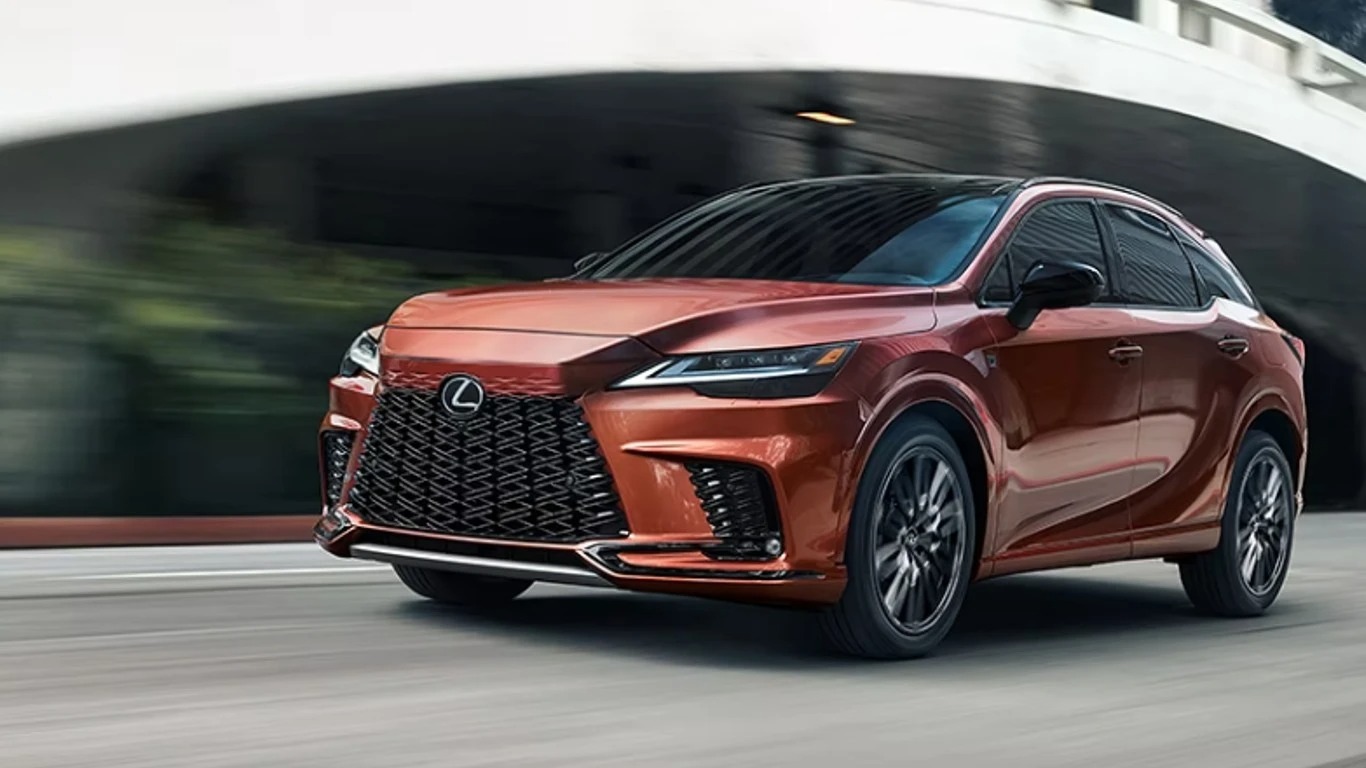
Sport utility vehicles, including crossover SUVs, have solidified their dominance in the U.S. auto market in recent years. After overtaking sedan sales for the first time in 2015, SUVs outsold sedans by a two-to-one margin in the U.S. in 2019. The shift in consumer preferences has led to big changes in the industry. Ford, for example, discontinued all sedans from its lineup – with the exception of the Mustang – in 2020 and added or reintroduced truck and SUV nameplates in the years since, including the Bronco and Maverick. (Here is a look at the cars that have been completely redesigned for 2023.)
Historically, SUVs have offered greater versatility, capability, and interior space than sedans – though these advantages often came at the expense of fuel economy. This is no longer the case, however. As hybrid engines and smaller crossovers have proliferated the market, driving an SUV does not necessarily translate to more trips to the pump. And as U.S. gas prices recently topped $5 a gallon for the first time, fuel efficiency is top of mind for many prospective buyers.
Using data from the Environmental Protection Agency, 24/7 Wall St. identified the 20 most fuel-efficient SUVs and crossovers on the market, ranked by best available combined miles per gallon. We only considered vehicles for the 2023 model year, excluding plug-in hybrids and all-electric vehicles.
For any vehicle, fuel efficiency is subject to a number of factors. Some of them are contingent on driving habits, but those related directly to the vehicle itself include weight, ground clearance, aerodynamics, drivetrain, and engine size.
All of the 11 highest ranking vehicles on this list are hybrids, which combine a traditional internal combustion engine with one or more electric motors powered by batteries. Hybrid batteries, which charge automatically, offer supplementary power, resulting in reduced fuel usage. Some of the hybrid vehicles on this list can top 40 miles per gallon.
The nine SUVs on this list not available in hybrid models generally have smaller three- or four-cylinder engines. Combined fuel economy for these non-hybrid models often tops 30 mpg.
Automakers on this list include Chevrolet, Ford, Honda, Kia, Subaru, Toyota, and Volkswagen – though most of the highest-ranking SUVs by fuel economy are made by Japanese and Korean companies. (Here is a look at the best and worst car brands.)
Click here to see the most fuel efficient SUVs on the US market.





